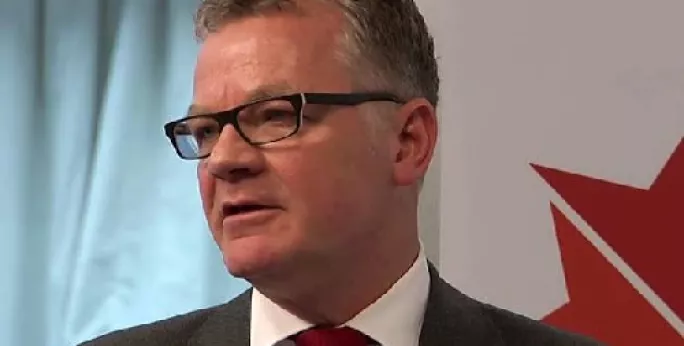Kevan Collins, chief executive of the Education Endowment Foundation, writes:
Dylan Wiliam raised some important points in his article on research-led teaching (TES magazine, 10 April). Of course, he’s right that proponents of evidence in education should be careful not to overclaim: there is no perfect lesson plan or starter that engages every student.
But he’s dead wrong to imply that the solution is to return to a time when teachers shut the door to evidence. For too long, too many teachers have been as guilty as politicians of acting on what they believe to work, rather than what has been shown to work. Instead, we need a middle way where teaching is informed by the best evidence so that their practice is improved, and collectively the teaching profession does more to improve results especially for poorer pupils.
That’s not to say our research knowledge is complete: a big problem is that not enough education research to date has used data. There’s been far too much qualitative research based on intangible outcomes. That’s something the EEF is trying to remedy by using randomised trials comparing pupils in similar situations.
So, for example, Professor Wiliam rightly identifies that our current understanding of the impact of setting and streaming is incomplete. We’re funding a project on best practice in grouping, led by Professor Becky Francis from Kings College London, precisely for that reason. We hope it will show where setting works for all pupils, not just the most-able.
That will also inform our Toolkit, which tries to summarise a live evidence base, and as new findings are published on this and other issues, the Toolkit will change. Recently, we saw evidence of how teaching assistants could be deployed most effectively and we updated the Toolkit accordingly.
We also know that harnessing the power of feedback is challenging, and that’s why we’re pleased to be working with Professor Wiliam and 100 schools across England in another EEF trial to test ways to embed formative assessment. The results of this study won’t provide a formula that works in every classroom. But they should be relevant to many schools and the results could make it easier for the next generation of teachers to find their way.
Teaching can be a lonely profession, whether you are newly qualified or a senior leader. It is dangerous to assume that everyone can develop their own path; that’s a route to isolation. That said, context matters, and teachers do need to try things out for themselves. But it is good sense to start by considering what has worked for some of those who have walked a similar path before. Research alone is not enough, but a teacher without it is missing a trick.




